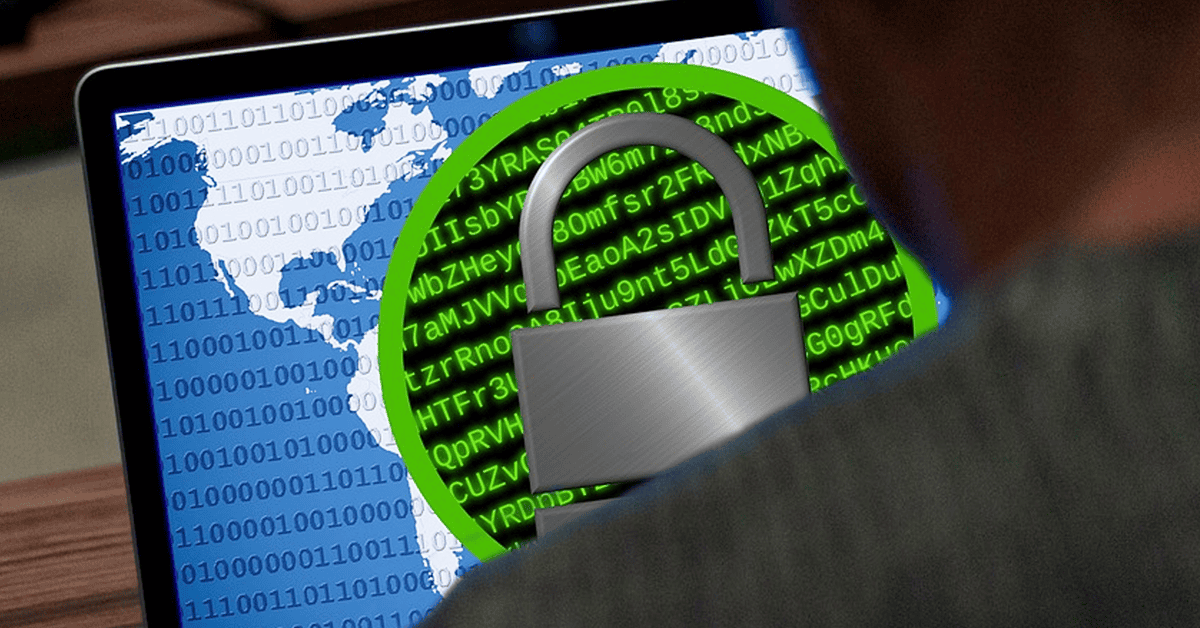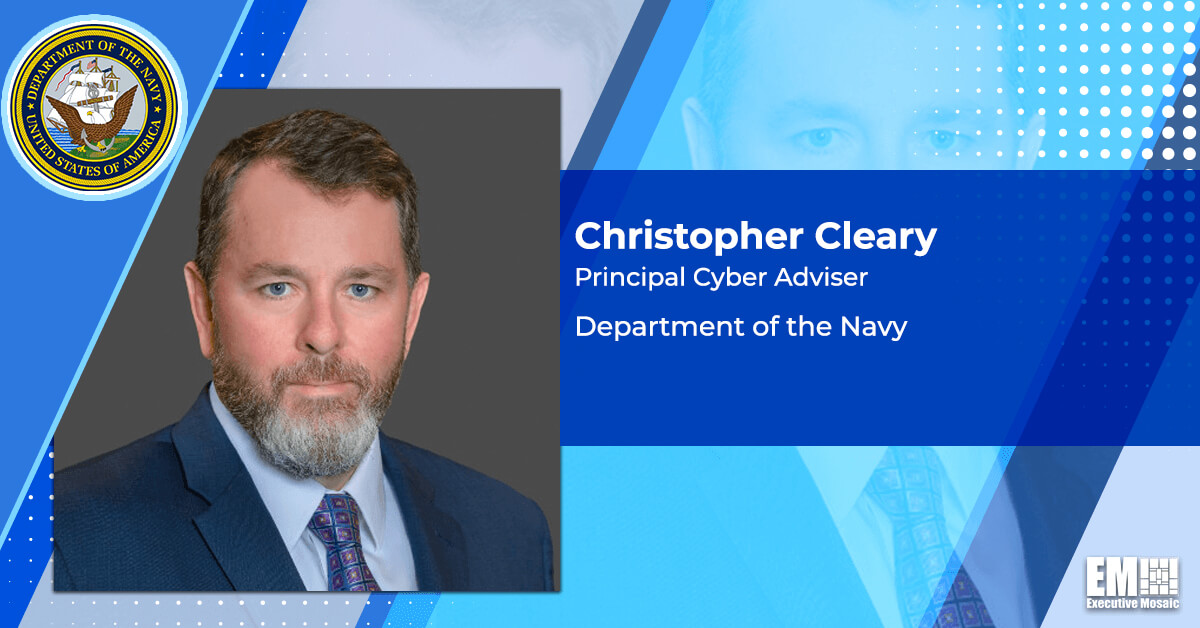The U.S. government has arrived at a seemingly widespread acceptance of the importance of maintaining and evolving its cybersecurity protections, particularly within the Intelligence Community. Without these measures, classified information could be at risk from both state-based and independent bad actors from across the globe looking to exploit vulnerabilities through a number of tactics, including phishing, hacking and targeting mobile devices and social media accounts.
If you want to delve deeper into this subject field, be sure to join Potomac Officers Club’s virtual Nov. 16 event, the Cybersecurity in the Modern Intelligence Community Forum. Register for this discussion between experts here.
According to the National Counterintelligence and Security Center at the Office of the Director of National Intelligence, cyber incursions are counterintelligence issues as well as potentially harmful to national and homeland security.
“State and non-state actors use digital technologies to achieve economic and military advantage, foment instability, increase control over content in cyberspace and achieve other strategic goals,” the NCSC states, going on to note that these security breaches frequently happen swiftly and covertly, before systems set in place are able to identify and vanquish the bug.
The NCSC and the Modern War Institute at West Point are in lockstep in their view that in order for the Intelligence Community to properly safeguard its digital resources, it must work in tandem with the entirety of the U.S. government through a “whole-of-government effort.”
If correctly mounted, the MWI reasons, a collaborative government coalition might “halt the theft of trade secrets and personally identifiable and other proprietary information, as well as malicious cyber activities that directly or indirectly damage industry, hurt economies, disrupt financial stability, and hold at risk physical and digital critical infrastructure.”
While the IC and federal entities such as the Department of Defense, the Federal Bureau of Investigation and the Cybersecurity and Infrastructure Security Agency are intertwined in their cyber goals, there has been a call for an intensified sense of alignment on matters of protecting digital assets.
Speaking to the motivation and objectives of these collaborations, Christopher Cleary — principal cyber advisor at the Department of the Navy and the keynote speaker at the upcoming POC event — told C4ISRNET that the DON is working toward achieving deterrence with cybersecurity strengthening.
“If we can make our systems more secure, or said another way, more survivable, against an adversary’s ability to deliver lethality against us, then obviously our ability to deliver lethality against them is increased. So when you get into effects-based planning, at the end of the day, I’m trying to defeat the enemy’s mission,” Cleary said.
Policies like President Biden’s May 2021 Executive Order and the follow-up January 2022 National Security Memorandum have been steps toward instating more concrete and effective cybersecurity policies, including the implementation of zero trust architecture.
According to Robert Kimball, senior research scientist on cyber for the U.S. Army and a panelist at the Nov. 16 POC forum, automated technologies are a crucial component for a successful overhaul of outdated security methods and the installation of zero trust. This is because, per Kimball, they make possible the flexible customization of networks.
“The AI system will allow us to look at this huge amount of data that is coming in and generate the correlations that we need and that we can feed to an analyst so they can do something with it. It is super critical,” Kimball stressed, continuing, “As we gain more trust in AI systems, we are going to see more AI-driven automation and that will feed into Zero Trust, as well.”

To hear more from these knowledgeable subject matter experts, as well as input from John Kearney, deputy for cyber operations and analysis in the Cyber Mission Center of the Defense Counterintelligence and Security Agency, join the fast-growing audience for POC’s upcoming Cybersecurity in the Modern Intelligence Community Forum.
The panel discussion featuring Kimball and Kearney will be moderated by Tommy Gardner, chief technology officer at HP Federal and the event will be held virtually on Nov. 16. Register here.






